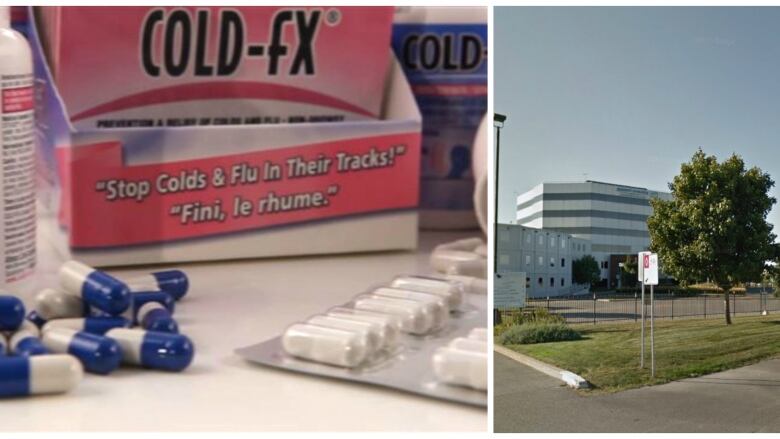Lawyer says Cold-FX sat on study that showed it's no better than a placebo

Cold-FX is no more effective at treating colds than a placebo, according to an unpublished study. It's alleged the makers of Cold-FX chose not to release the findings, when they became known to the company in 2004.
"If you did a study and it showed the thing you were selling didn't work, you wouldn't be hell bent on … letting everyone know how ineffective your medication is," says James McCormack, a professor at the University of British Columbia's school of pharmacy.
The study surfaced because of a class action lawsuit about alleged deceptive marketing, launched against Valeant Pharmaceuticals, the company that now owns Cold-FX.
"Anybody who looks at the evidence with even a reasonable approach will come to the same conclusion, that it does virtually nothing," says McCormack.
Cold-fx doesn't work and everyone who bought it should be laughed at.
—@DrMoiraStilwellThis is not the first time Cold-FX effectiveness has been scrutinized. In November 2015, health experts questioned Cold-FX's claim that the flu shot worked better when also taking it's herbal remedy.
In 2012, CBC TV's Marketplace commissioned an analysis of four studies on the efficiency of Cold-FX and found that relative to a placebo, Cold-FX reduced the chance of getting a cold by 6%.
McCormack says that marketing may be stronger than science when it comes to people's belief in the product,
"That [study] does not stop it from being sold and that doesn't stop people from believing that it works."
<a href="https://twitter.com/aaroncarter">@aaroncarter</a> Too bad you're not in Canada, they have Cold FX, best cold meds ever. Literally take it and 1 or 2 doses you feel much better.
—@SavvyStardust